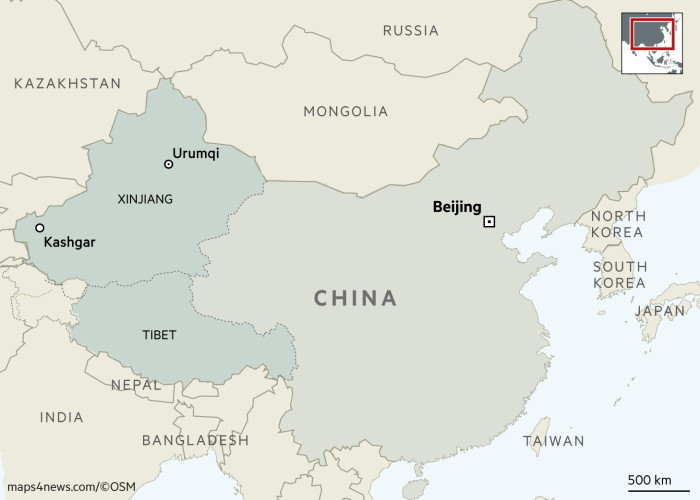1969 #Arkansas pic.twitter.com/iQLvkUIC3h
— Liliana Segura (@LilianaSegura) April 29, 2017
As she heard this, the woman I came with started shaking, trying to maintain her composure. She repeatedly told the guards that she wasn't mad at them, but pleaded to talk to someone. She was in tears but clearly anxious not to escalate in a way that would lead to reprisals. 10/
— Liliana Segura (@LilianaSegura) November 17, 2019
Texas's top criminal court wants to hear more from #RodneyReed regarding evidence that the state w/held evidence from him at trial & that it sponsored false testimony. They're also wondering, might Reed be innocent?https://t.co/lA9ZEofLU7
— Jordan Smith (@chronic_jordan) November 17, 2019
The Nation State In Peril https://t.co/34ctnxAa3l @LilianaSegura @alexahirschfeld @AOC @RepPressley #incarcerationepidemic #kashmir #Xinjiang #black #hispanic #Uighur #kashmiri
— Paramendra Kumar Bhagat (@paramendra) November 19, 2019
A question rarely asked by the media: “How are you going to pay for having the largest prison population in the world?”
— Waleed Shahid (@_waleedshahid) November 19, 2019



